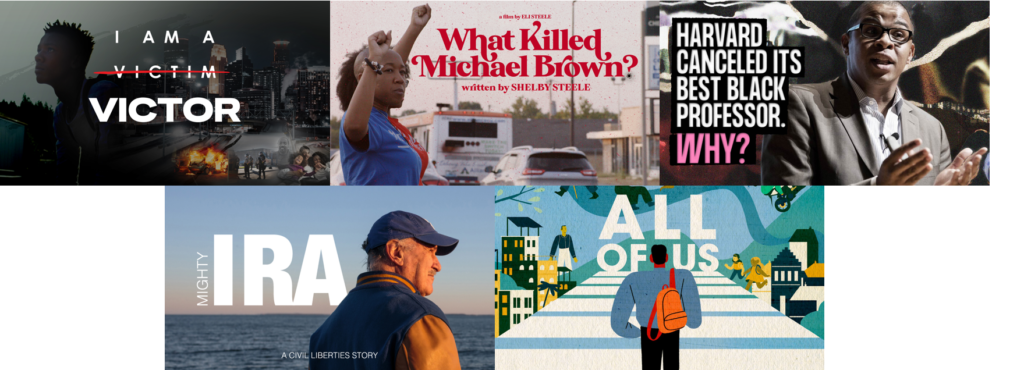
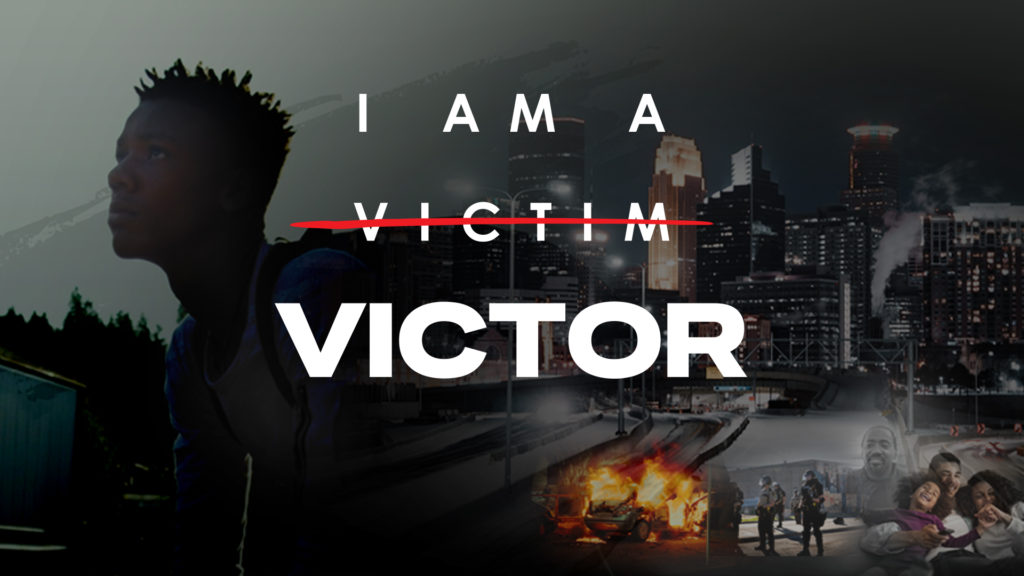
The documentary starts at the end of the civil rights era with the assassination of Dr. Martin Luther King, Jr. and tracks the 50-year journey taken by black Americans on the two different roads they have traveled since that iconic time. Depending on the road they selected (or unconsciously followed), that decision would impact the lives of their children’s children. A large percentage of the population took the path that led to an Afro-centric, secular and political activist journey and the smaller and often unheard population took the path that was taught by their parents and grandparents rooted in the Christian faith (faith, family and education).
We will also be screening assorted short films directed by Kendall Johnson.
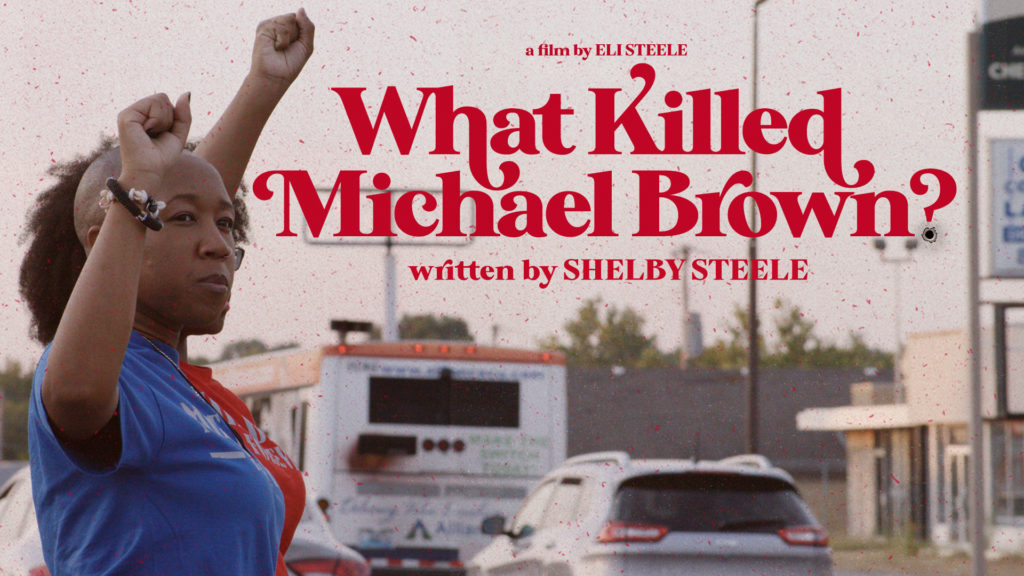
Acclaimed writer, Shelby Steele, has long argued that systemic racism is more a strategy than a truth, and that the universal oppression of black Americans is largely over with. But the 2014 shooting of a black teen, Michael Brown, in Ferguson, Missouri by a white policeman shook the nation to its core. During Steele’s investigation of Ferguson, America was once again rocked by the brutal killing of George Floyd. Didn’t these killings, and the long list of others like them, put the lie to Steele’s argument?
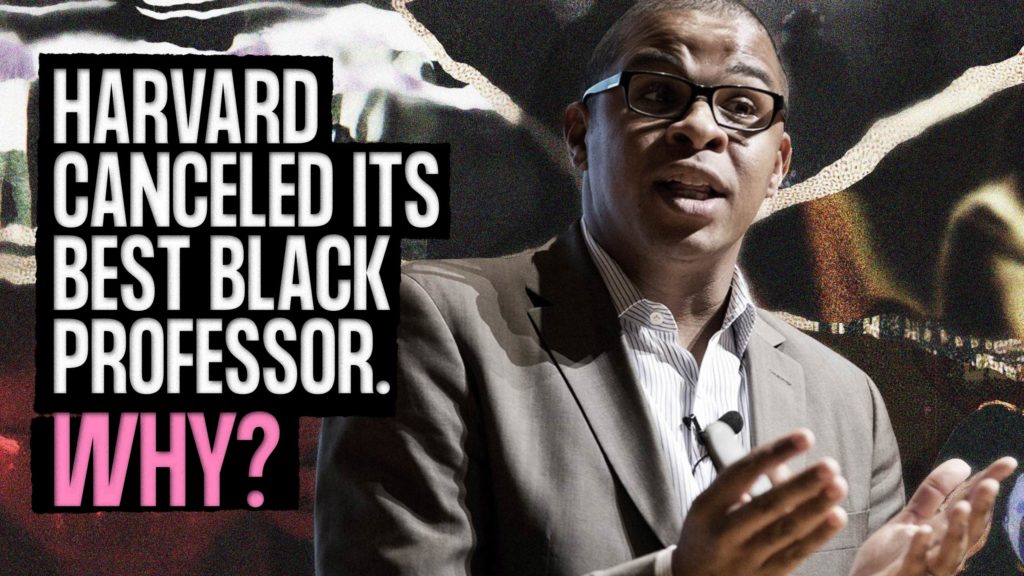
Roland Fryer was an unlikely Harvard superstar. Abandoned by his mom at birth and raised by an alcoholic dad, Fryer became the youngest black professor to ever secure tenure at Harvard and won the prestigious John Bates Clark Medal, the prize for the best economist under 40 in the world. Fryer’s research routinely upended the woke orthodoxies dominating academia. But not on purpose; Fryer isn’t partisan. He’s only interested in digging up truth, no matter what it is. Truth, he says, is the key tool for improving the lives of black boys and girls. Then, in 2018, Fryer’s career was suddenly cut short. Harvard had an official line on why: he’d sexually harassed his staff. Fryer was banned from campus and his multi-million dollar lab was shut down. The few legacy media outlets that did cover the case, such as the New York Times, dutifully repeated the university’s narrative: this punishment was overdue MeToo justice. No, it wasn’t. Drawing on previously unreported documents and interviews with dozens of Fryer’s friends and colleagues, we reveal the true story behind his cancellation.
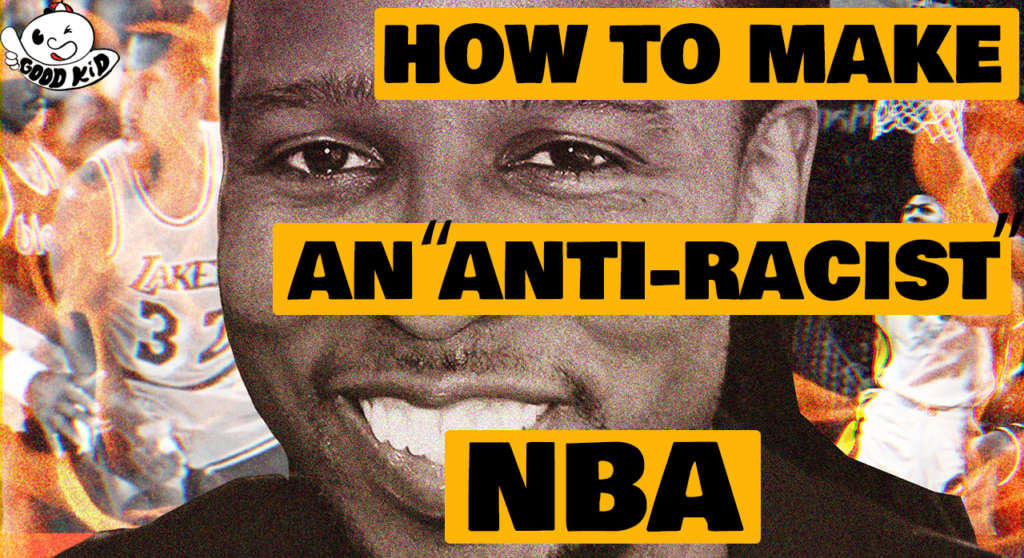
What would it look like to apply the “anti-racist” principles of Ibram X Kendi to the NBA? Kendi, the most famous “anti-racist” in America, has received $10 million from Twitter founder Jack Dorsey, rakes in $20,000 a hour for his consulting services, has won a MacArthur Genius prize, and has been hailed by Oprah and Malcolm Gladwell as a moral prophet. But what does he really believe? The NBA wanted to find out: it hired him for a much-hyped anti-racism summit at the height of the George Floyd Protests. They do not understand what they’re asking for. Implementing Kendi’s anti-racism would result in the ruin of the league.
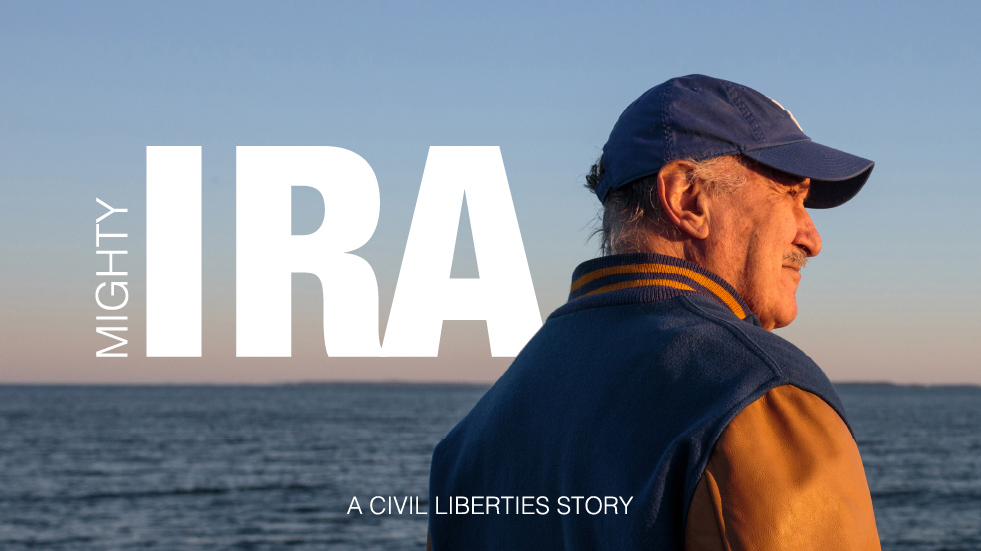
Ira Glasser is one of America’s unsung champions of civil rights and liberties. As the leader of the American Civil Liberties Union for 23 years, he transformed the organization from a small, “mom-and-pop” operation on the verge of bankruptcy into a civil liberties juggernaut with offices in every state and a $30 million endowment. As his generation retires from the barricades, Ira reminisces on his life at the forefront of defending the rights of all Americans, from civil rights leaders to neo-Nazis. His story takes us to his hometown of Brooklyn, New York, where in 1947 Jackie Robinson and the Dodgers broke the color barrier in baseball and inspired a generation of civil rights activists; to the offices of Robert Kennedy, where the U.S. Senator spoke with a young Ira and convinced him to take his first job with the ACLU; and to California, where a 96-year-old Holocaust survivor explains to Ira why he thinks the ACLU was wrong to defend the right of neo-Nazis to demonstrate near his home in Skokie, Illinois, over 40 years ago — and how recent events in Charlottesville, Virginia, evoke painful memories. Amid high-profile controversies surrounding free speech, racial equality, and antisemitism — and on the occasion of the ACLU’s centennial — Ira Glasser’s story is as timely and provocative as ever.
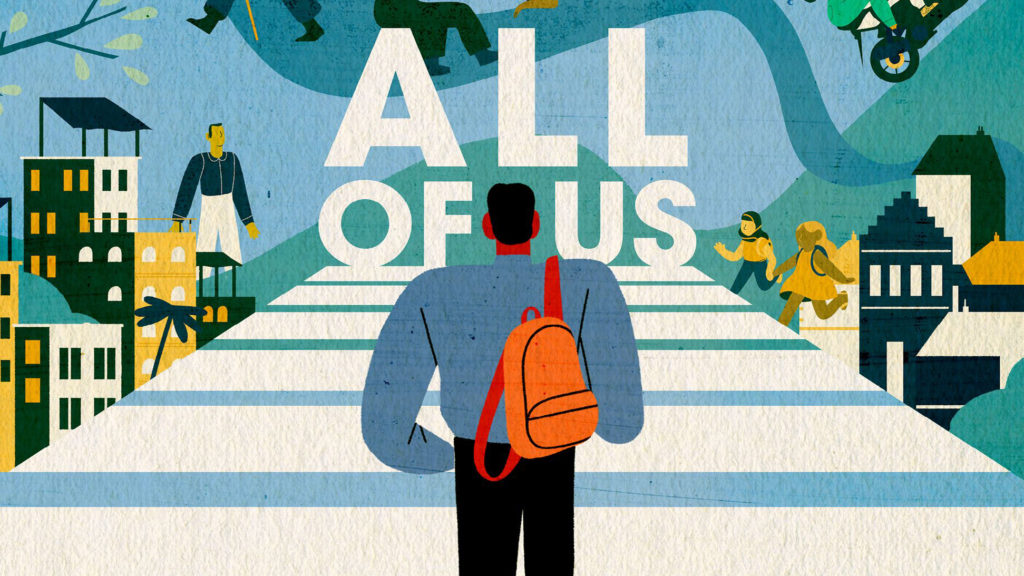
What if, away from tensions around questions of identity and the fear of others, we had found other realities? What if we had stories to tell of audacious citizens who, with a strong desire for people of different beliefs to live together in harmony, have found ways of reinventing family, education, social relations, culture, and work…and have done so despite existing difficulties and frictions? What if, thanks to these stories, gathered from around the world, we can begin to see the emergence of what could be the multi-identity and yet harmonious world of tomorrow? And what if we all took part in it?
FAIR is a nonpartisan organization dedicated to advancing civil rights and liberties for all, and promoting a common culture based on fairness, understanding, and humanity.
© Copyright 2023 Foundation Against Intolerance & Racism. All Rights Reserved.